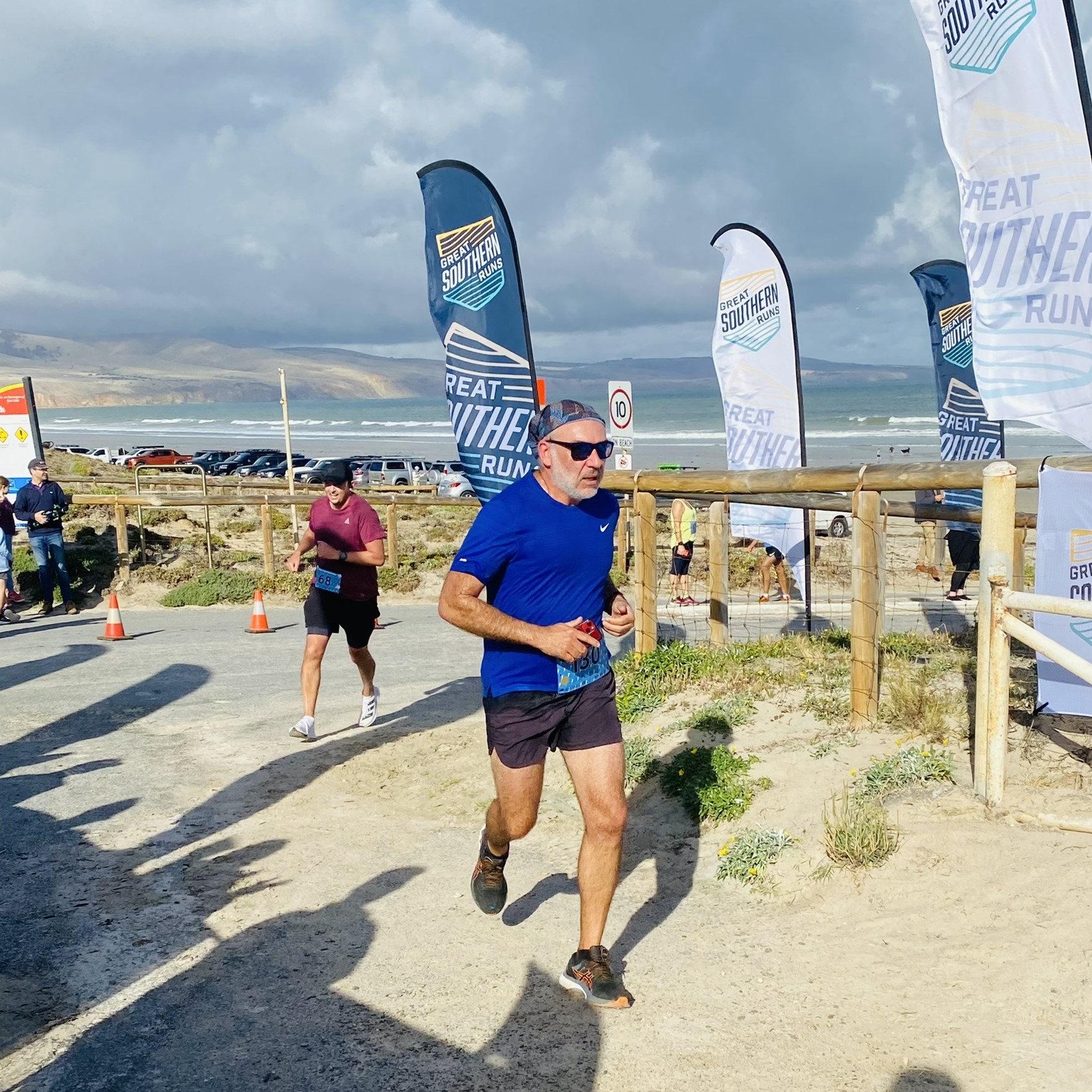
If you are among the 620 million people who lace up their running shoes on a regular basis, chances are that you're an early riser.
Hopefully, you will have got at least eight hours of good sleep the night before, otherwise your risk of injury skyrockets.
That's the finding from a new study led by Professor Jan de Jonge, a work and sports psychologist at Eindhoven University of Technology in the Netherlands, and an Adjunct Professor at the University of South Australia.
In a survey of 425 recreational runners, Prof de Jonge and his team found that those reporting shorter sleep duration, lower sleep quality, and more sleep problems were nearly twice as likely to sustain an injury.
The findings, published in Applied Sciences, provide "compelling evidence that sleep is a critical yet often overlooked component of injury prevention," according to Prof de Jonge.
"While runners specifically focus on mileage, nutrition and recovery strategies, sleep tends to fall to the bottom of the list," he says.
"Our research shows that poor sleepers were 1.78 times more likely to report injuries than those with stable, good quality sleep, with a 68% likelihood of sustaining an injury over a 12-month period.
"That's a strong reminder that how well you rest is just as important as how hard you train."
Recreational running is one of the world's most popular sports, but it also carries a high injury risk, with up to 90% of runners experiencing an injury at some stage, costing the world economy millions of dollars each year in work absences and medical expenses.
The study is among the first to investigate sleep as a multidimensional factor in relation to sports injuries, considering not just duration, but also quality and sleep disorders.
"Sleep is a vital biological process that allows the body and mind to recover and adapt to the physical and mental demands of training," Prof de Jonge says.
"When sleep is disrupted or insufficient, the body's ability to repair tissues, regulate hormones and maintain focus diminishes, all of which can increase injury risk."
The research found that runners who regularly experienced sleep problems such as trouble falling asleep, waking frequently during the night, or not feeling rested upon waking, were particularly vulnerable to injury.
In contrast, those with consistent sleep duration and good sleep quality reported fewer injuries.
Prof de Jonge says the findings have important implications for both recreational and competitive athletes, coaches, and health professionals.
"We often assume that more training equals better performance, but that's not necessarily the case."
"Runners - especially those balancing training with work, family and social commitments - may actually need more sleep than average adults to recover properly. Sleep should be treated as a performance priority, not an afterthought."
Experts recommend that people should aim for between seven and nine hours of sleep per night, with athletes often needing more rest, including daytime naps, to aid mental and physical recovery.
Consistent bedtimes, minimising screen use before bed, reducing caffeine and alcohol content, and creating a quiet, cool sleep environment should be all be prioritised.
"Sleep quality and sleep duration are both important, but quantity often provides the bed-rock. Sleep should be recognized not only as a recovery tool, but also as a potential predictor of injury vulnerability in recreational sports."
'Sleep Matters: Profiling Sleep Patterns to Predict Sports Injuries in Recreational Runners' is published in Applied Sciences. DOI: 10.3390/app151910814






